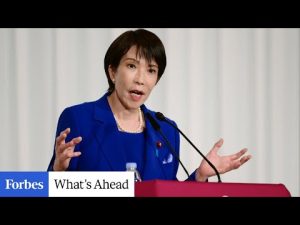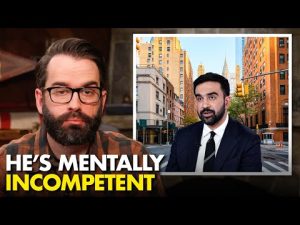As discussions swirl around the impacts of regulating information on social media, an interesting model is developing across the Pacific. Recent moves by China to regulate social media influencers have sparked conversation even here in the United States. In China, influencers are facing penalties if they choose to speak about education, finance, or medicine without having the corresponding degree or professional qualifications. This regulation brings up an important question: could something similar happen here in the U.S., and should it?
America is built on the foundation of freedom—freedom of speech being paramount among those rights. The idea of regulating who can talk about what on social media might sound enticing to some. But Americans must pause to consider the broader implications. The essence of America is to allow open discussion, debate, and the marketplace of ideas. The danger of restricting speech based on someone’s credentials lies in stifling valuable perspectives, unconventional wisdom, and the important role of challenging the status quo.
One only has to look at the recent global pandemic to understand this. In a world where only the “official” voices had been allowed to speak, much of the early skepticism about certain medical interventions might have been silenced. During the COVID-19 pandemic, some officials spoke about specific vaccines as the only course of action. However, alternative voices, some from non-traditional backgrounds, highlighted possible side effects and suggested different treatment methods, prompting deeper public scrutiny. Those voices, though often dismissed initially, played an essential role in sparking debate and ensuring a wider exploration of options.
What is needed is not more regulation, but a demand for personal responsibility in discerning which information to trust. Americans must be informed and critical thinkers. It’s crucial to seek a variety of sources and viewpoints to construct a well-rounded understanding of topics. Encouraging diverse discussions and debates results in more informed citizens who can make better decisions for themselves and their communities.
Ultimately, the call to regulate speech based on formal qualifications should not replace the capacity for individuals to evaluate what they hear. America thrives when its people have the freedom to express, discuss, and sometimes disagree. It is this diversity of thought and opinion that has historically made the nation resilient and innovative. Protecting this freedom, while promoting personal responsibility in information consumption, will ensure the health and vitality of American democracy.







